South Africa is currently battling a second wave of Covid-19, with more than 1.4 million cumulative cases and 40,000 deaths. The country recently moved to a level 3 lockdown, which restricts people’s movement and bans the sale of alcohol, among other measures.
South African president Cyril Ramaphosa announced in January 2021 that the country had secured 20 million Covid-19 vaccine doses, to be delivered throughout the year.
“In phase one, with the first batch of vaccines, we will prioritise around 1.2 million frontline health workers,” he said in an address to the nation.
Minister of health Zweli Mkhize previously gave the figure as 1.25 million.
But this raised a few eyebrows. A reader asked whether South Africa actually has 1.2 million healthcare workers. Here’s what we know – and what’s still unclear.
Who is a healthcare worker?
Africa Check asked the department of health for their definition of “healthcare worker” and a breakdown of the 1.2 million figure. We are yet to receive a response. (Note: We will update this report should they get back to us.
In an interview with the South African Broadcasting Corporation in January, minister Mkhize said the figure was a target for the total number of health workers in both the public and private sectors.
It covers hospitals, clinics, emergency ambulances, porters, cleaners, general workers, messengers and drivers, he said. “It’s a whole package of health workers ... We are looking for anyone who handles a patient.
This is in line with the World Health Organization’s definition: a healthcare worker is anyone “engaged in the promotion, protection, or improvement of the health of the population”.
Public versus private
Using data from the government’s payroll system, the Department of Health recently calculated that as of March 2019, the public sector employed 243,684 health workers.
This is made up of doctors, nurses, pharmacy practitioners, rehabilitation therapists, dental practitioners, emergency workers and other professionals such as radiographers and community health workers.
Doctors and nurses, otherwise known as “skilled health professionals”, make up almost 70% of all public health sector employees.
What about the private sector?
Statistics South Africa, the country’s national data agency, tracks private sector employment in its Quarterly Employment Survey. From July to September 2020, 360,274 people were employed in the private health and social work sector. (Note: Stats SA was unable to provide a further breakdown, removing social workers from the figure.)
These figures add up to 603,958 healthcare workers in both the public and private sector.
Number of healthcare workers in South Africa, 2020
Source: Department of Health, Statistics South Africa
The total is in line with estimates from Data First, a research and data unit at the University of Cape Town. In a 2020 study looking at essential workers and job loss vulnerability during South Africa’s Covid-19 lockdown, the unit estimated that there were about 650,000 healthcare workers in the country. This was based on data from Stats SA’s Quarterly Labour Force Surveys and South Africa’s Government Gazette.
Unanswered questions
The government is prioritising 1.2 million healthcare workers for the first batch of vaccines, and roughly 600,000 of them are health professionals. But how the remainder is broken down is unclear.
We asked the department of health to confirm the number of support staff and provide a breakdown by category. They are yet to respond but we will update this report if they do.
Also under question is whether the first batch of vaccines will be enough to vaccinate all 1.2 million healthcare workers. The government has said it would receive 1.5 million doses of the AstraZeneca vaccine, spread over January and February 2021, but this vaccine requires two doses per person, administered four weeks apart.
Does this mean the first batch of vaccines may only be enough to vaccinate some 750,000 healthcare workers?
“We are just beginning so we should be able to try and acquire more doses before the first batch is necessarily finished,” Mkhize said during the SABC interview.
The government plans to administer the first dose to all 1.2 million healthcare workers in February and hopes to receive a second batch of vaccines to complete the process in the following four weeks, he said.
Prioritising healthcare workers endorsed by World Health Organization
Healthcare workers are the first choice for vaccination for many reasons, Dr Melinda Suchard told Africa Check. She is head of the Centre for Vaccines and Immunology at the National Institute for Communicable Diseases.
“Healthcare workers are at high risk of infection and of transmitting the virus onward to others, including immune compromised patients,” she said. They are also “healthy adults (as opposed to the elderly or frail) in whom the vaccine is likely to be most effective”.
Vaccinating healthcare workers first is endorsed by the World Health Organization and the strategic advisory group of experts who advise the WHO, she said.


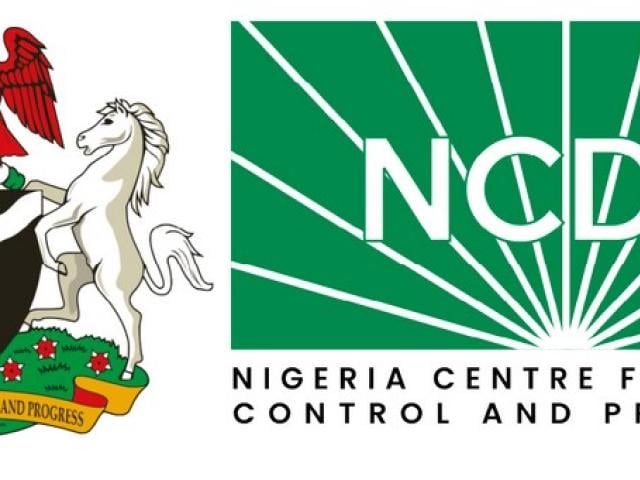
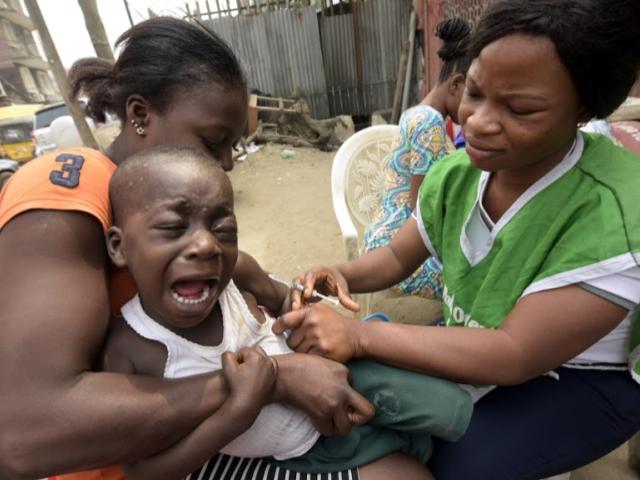
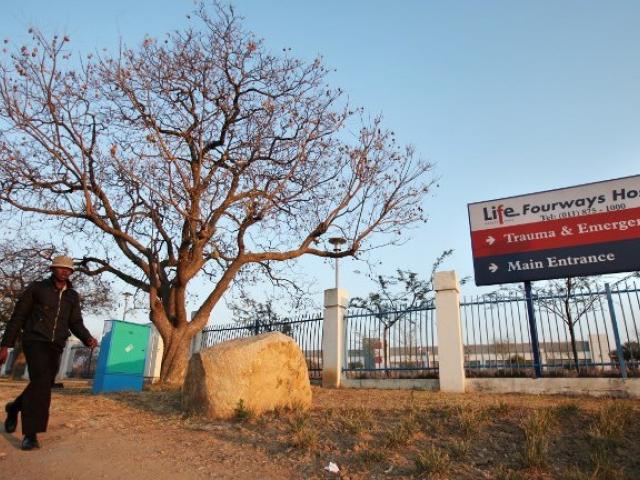
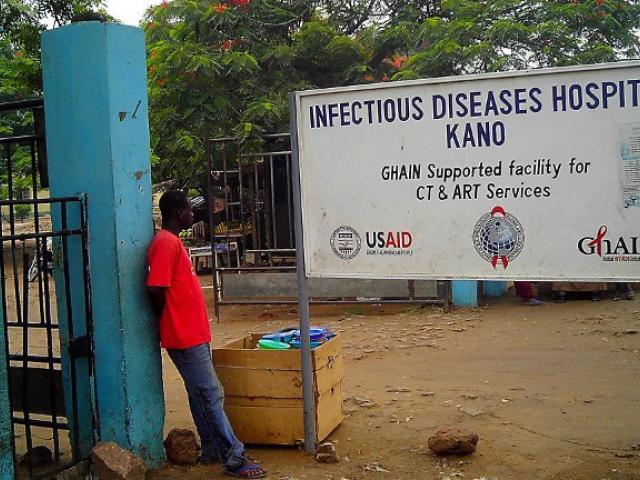
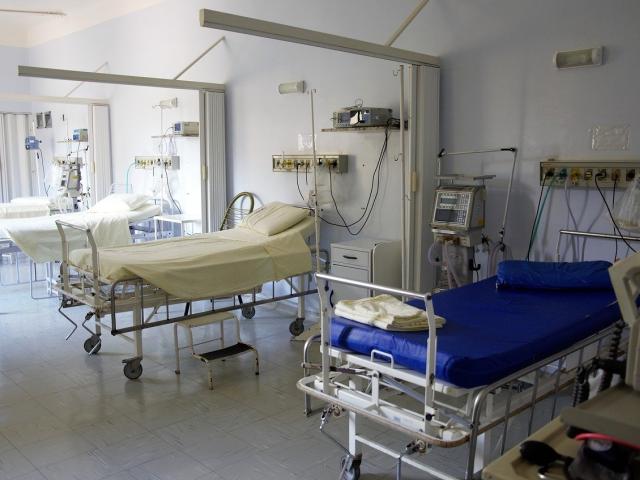
Add new comment